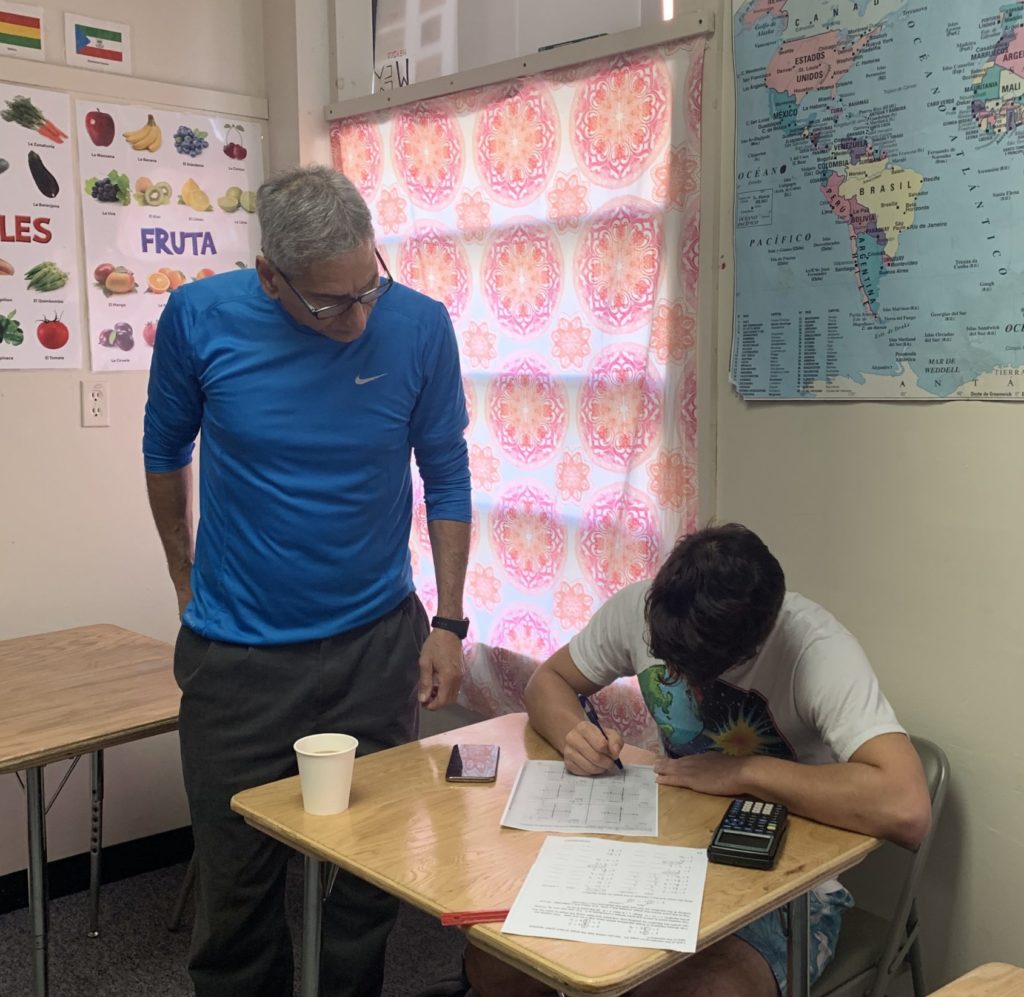
At Farr Academy, our unwavering philosophy is never to give up on a student.
Meeting students where they are, our knowledgeable and thoughtful staff have refined the art of supporting them as they strive toward success — while providing assurance that assigned tasks are well within their emotional and academic reach.
The overarching mission is to set expectations and standards that support learning, emotional growth, positive change, competence, achievement and the ability to be self-reliant and independent. Farr students are encouraged to question their beliefs and actions as they explore new ideas and ways of thinking. This all takes place within a therapeutic environment that fosters tolerance and understanding by focusing on reflection, group process and shared goals.
Building therapeutic student/staff alliances through mutual goals, trust and respect.
Through the close collaboration of Classroom and Homeroom Teacher/Counselors, our students learn how to set and approach concrete goals, to communicate successfully with others, and to make effective learning/life decisions.
Homeroom Teacher/Counselors serve as the student’s primary counselor, support person and advocate. Classroom Teacher/Counselors use multiple techniques to eliminate barriers, provide corrective experiences and help students to believe in themselves.
The Parent Clinical Coordinator works with Homeroom Teacher/Counselors to form a collaborative liaison with each student’s parents/guardians, family and community. The Support Counselor works with students “in the moment” to solve problems or provide support, and serves as an additional source of outreach and connection with families.
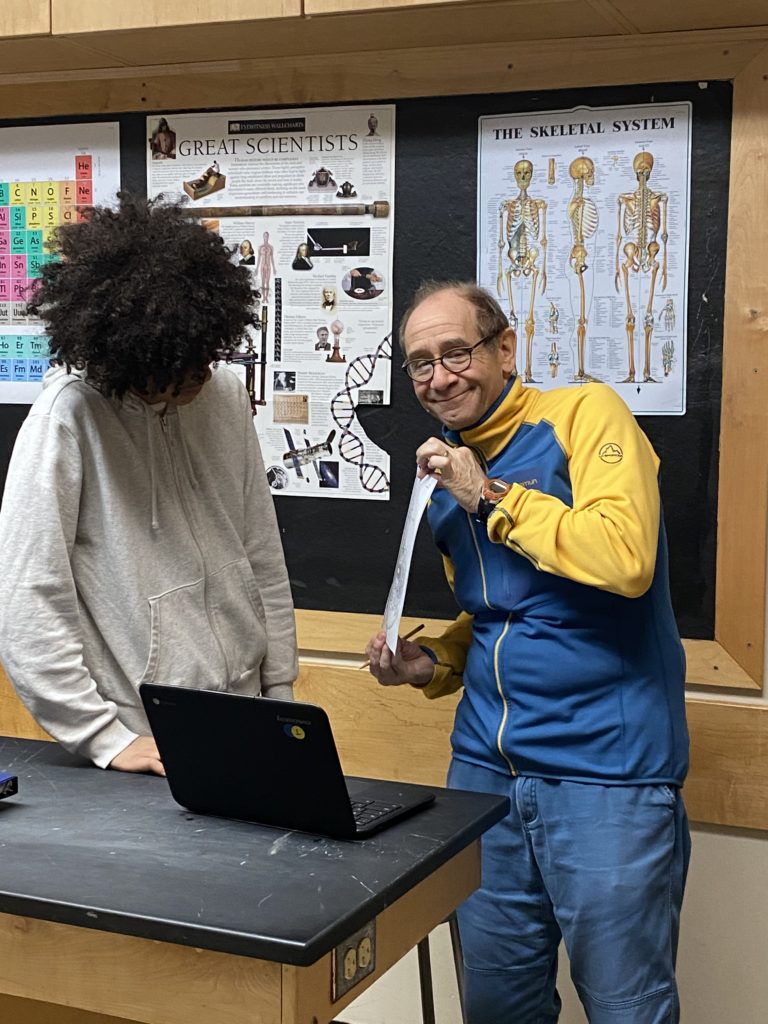
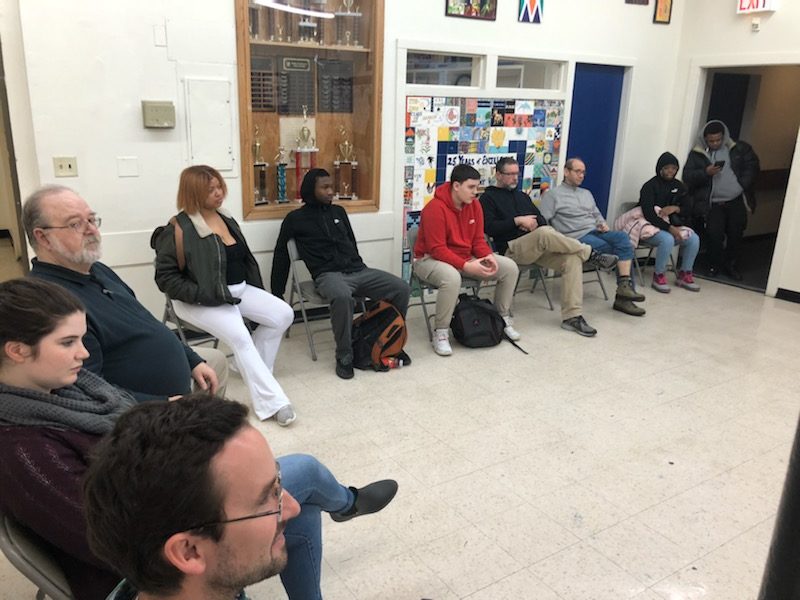
Teaching the art of problem solving through better communication.
When we humans are confronted with problems, some are our own creations — others we have no control over. When students first enroll at Farr Academy, they’ve yet to develop ways of dealing with these problems effectively. They may shut down, feeling that in past experiences they weren’t really listened to; what they had to say wasn’t respected or important. Often they had no idea how to effectively express their ideas or feelings resorting to negative action, outbursts, or silence. With our non-judgmental, non-punitive problem-solving process, students learn to trust that they will be heard – learn how to successfully express themselves – and learn the importance of truly respecting the concerns, opinions and feelings of others. In time, they learn how to become better communicators, how to make sound decisions that can prevent potential problems or conflicts, and how to solve problems through reflection and discussion.
Our Bullying Prevention and Intervention Policy outlines our specific strategies to proactively address bullying situations.
Valuing the importance of parent involvement.
At Farr, we provide a variety of opportunities for parents to share their insights and issues with us, and for us to share our knowledge, experience and support with them. Our staff are available to parents through frequent telephone contact and meetings which can be initiated by the parent, the student, or a staff member. Parents’ Night, which includes our PAG meeting, provides an additional opportunity to foster the collaboration between parents and each of their child’s teachers.
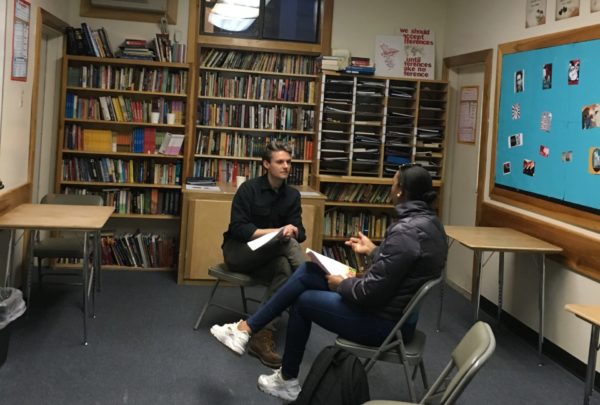
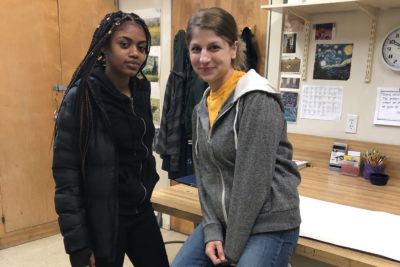
Ongoing outreach to support positive relationships.
Farr Academy staff reach out regularly to our students and families to promote and maintain the interpersonal connections that lead to strong, supportive relationships. This can include wake-up calls, pick-up services, in-school monitoring, family meetings — and additional outreach after hours and during school breaks. The effective management of interpersonal situations is thus developed, leading to enhanced success in school and beyond.


